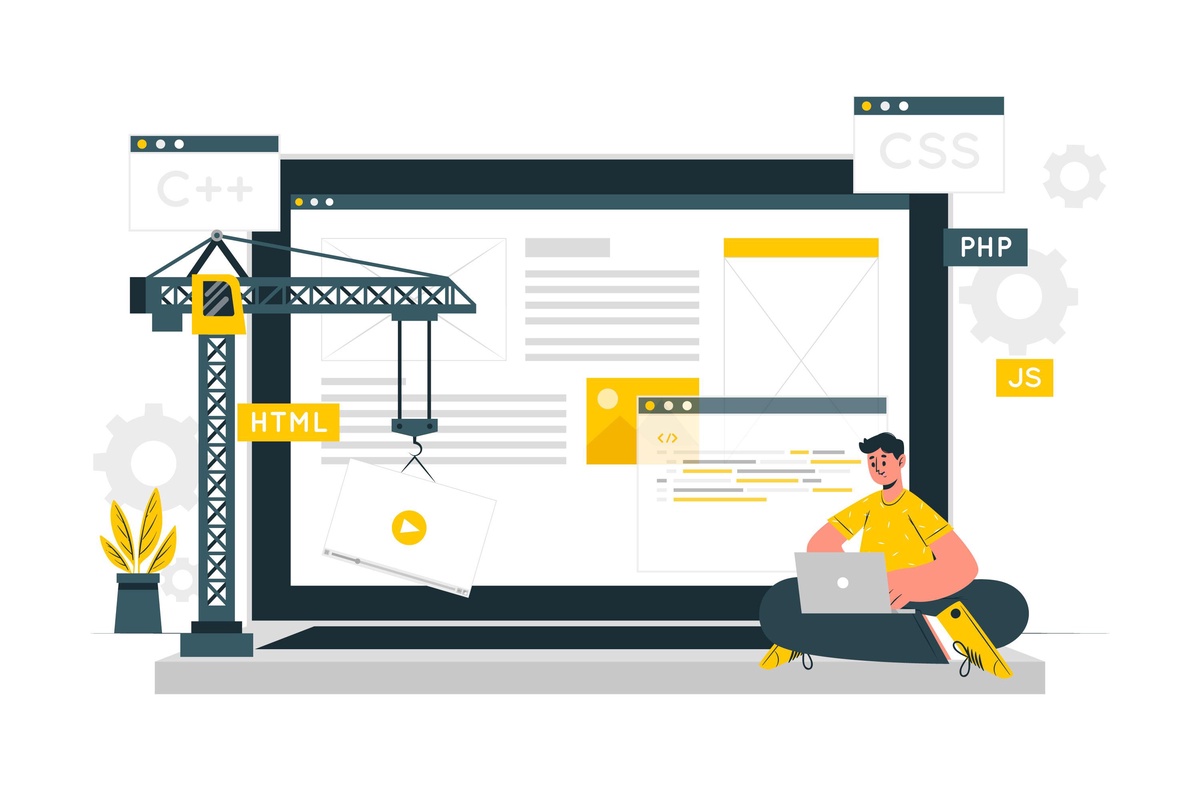Web scraping has become an invaluable tool for businesses and researchers looking to gather data from the internet. It enables access to vast amounts of information that can be used for various purposes, from market research to competitive analysis. However, web scraping is not without its challenges, such as IP blocking and rate limiting by websites. This is where proxy scraping comes into play, allowing users to bypass these limitations. In this article, we will explore the world of web scraping and proxy scraping, and how they work together to extract valuable data from the web.
Web Scraping: Unearthing Data Goldmines
Web scraping, also known as web harvesting or web data extraction, is the process of extracting data from websites. This can include text, images, links, and more. Businesses can use web scraping to collect product information, pricing data, customer reviews, and other crucial data that can inform their decisions. Researchers, on the other hand, can extract data for academic studies and analysis.
The Role of Proxies in Web Scraping
Websites are not always welcoming to web scrapers. To prevent excessive traffic and protect their resources, websites may employ measures like IP blocking and rate limiting. This is where proxies come in handy. A proxy is an intermediary server that stands between your computer and the web server you are trying to access. When you send a request through a proxy server, the website sees the request as coming from the proxy's IP address, not yours. This allows you to scrape data from a website without revealing your own IP address.
Proxy Scraping: A Game Changer
Proxy scraping involves gathering a list of proxy IP addresses from various sources on the internet. These sources could be public or private, and the proxies can be free or paid. Proxy scraping tools are used to automatically collect proxy IP addresses, which can then be used for web scraping. It's important to note that using proxies doesn't guarantee immunity from all anti-scraping techniques, but it does enhance your ability to access data from websites that would otherwise block you.
Key Benefits of Proxy Scraping:
- Anonymity: With a proxy, your real IP address remains hidden, making it harder for websites to identify and block your scraping activities.
- IP Rotation: Proxies allow you to switch between different IP addresses, reducing the risk of getting banned by a website due to excessive requests from a single IP.
- Location Spoofing: Proxies can make it appear as if your requests are coming from different geographic locations, which is useful for gathering location-specific data.
- Scalability: Proxy scraping can provide you with a large pool of IP addresses, enabling you to scale your scraping efforts.
- Reliability: Reputable proxy sources often provide high-quality, reliable proxies, minimizing downtime during scraping.
Best Practices for Web Scraping with Proxies:
- Choose Reliable Proxy Providers: Opt for trustworthy proxy providers that offer high-quality proxies and ensure minimal downtime.
- Rotate Proxies: Use rotating proxies to avoid getting blocked or rate-limited by websites.
- Respect Website Terms of Service: Always review and adhere to a website's terms of service and scraping guidelines.
- Monitor and Adjust: Keep a close eye on your scraping activities and adjust your proxy usage as needed.
In Conclusion
Web scraping, coupled with proxy scraping, can be a powerful combination for those looking to extract data from the web. Whether you're a business seeking market insights or a researcher gathering information for a study, these techniques offer a way to overcome the challenges posed by IP blocking and rate limiting. It's essential to approach web scraping with ethics and respect for website policies, and to choose reliable proxy providers to ensure a smooth scraping experience. By doing so, you can harness the power of web scraping to gain valuable insights and data for your needs.


No comments yet